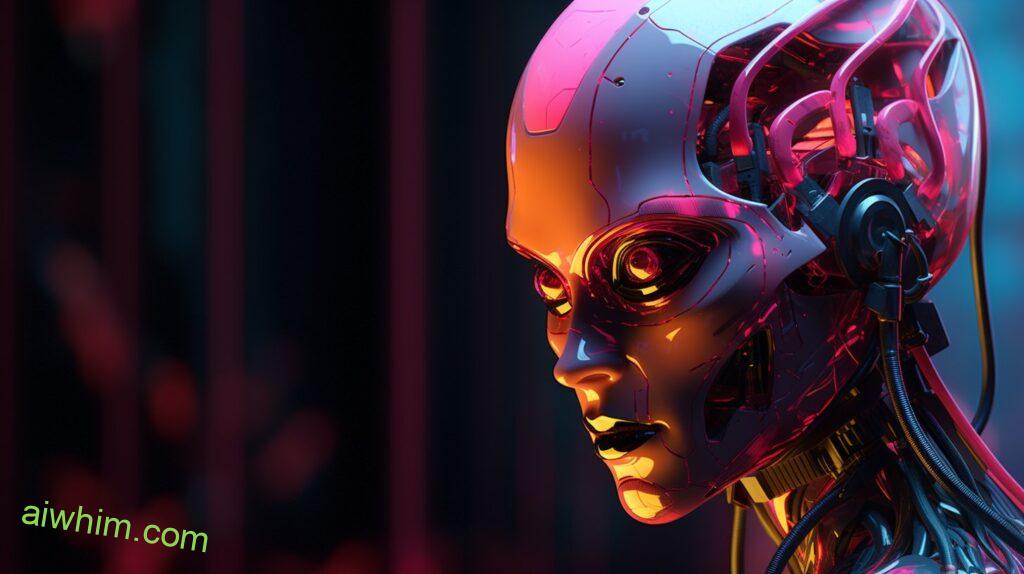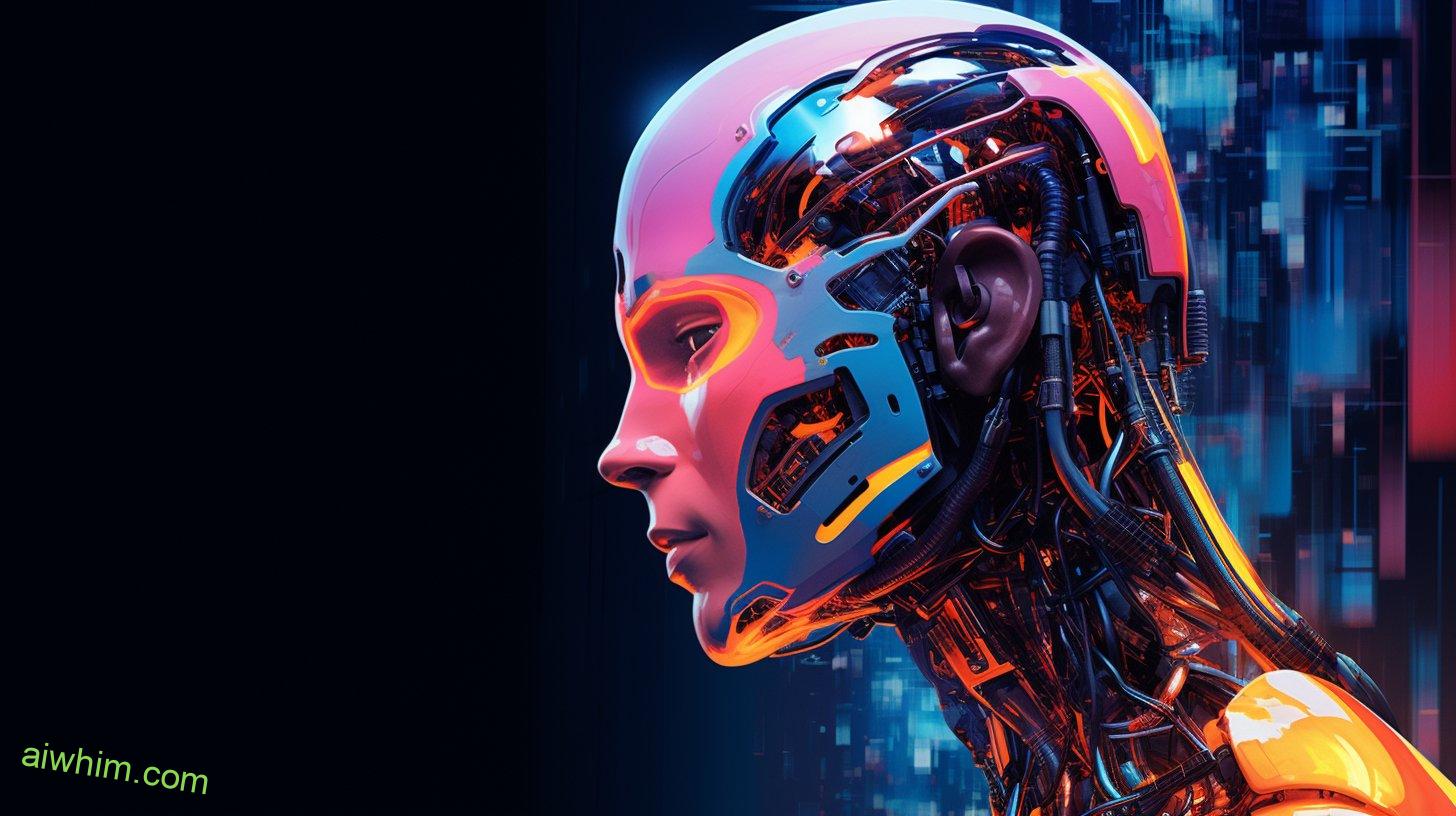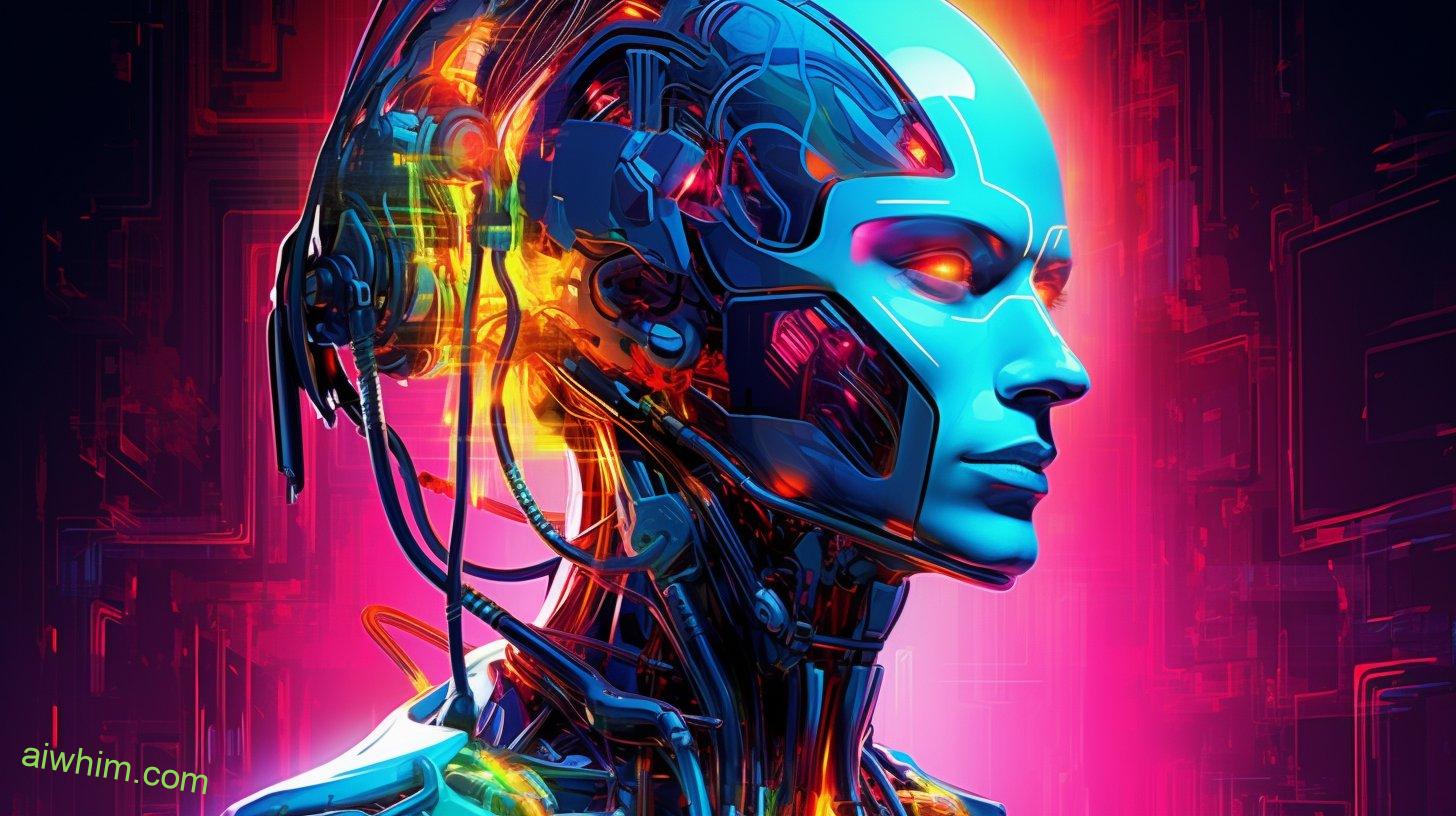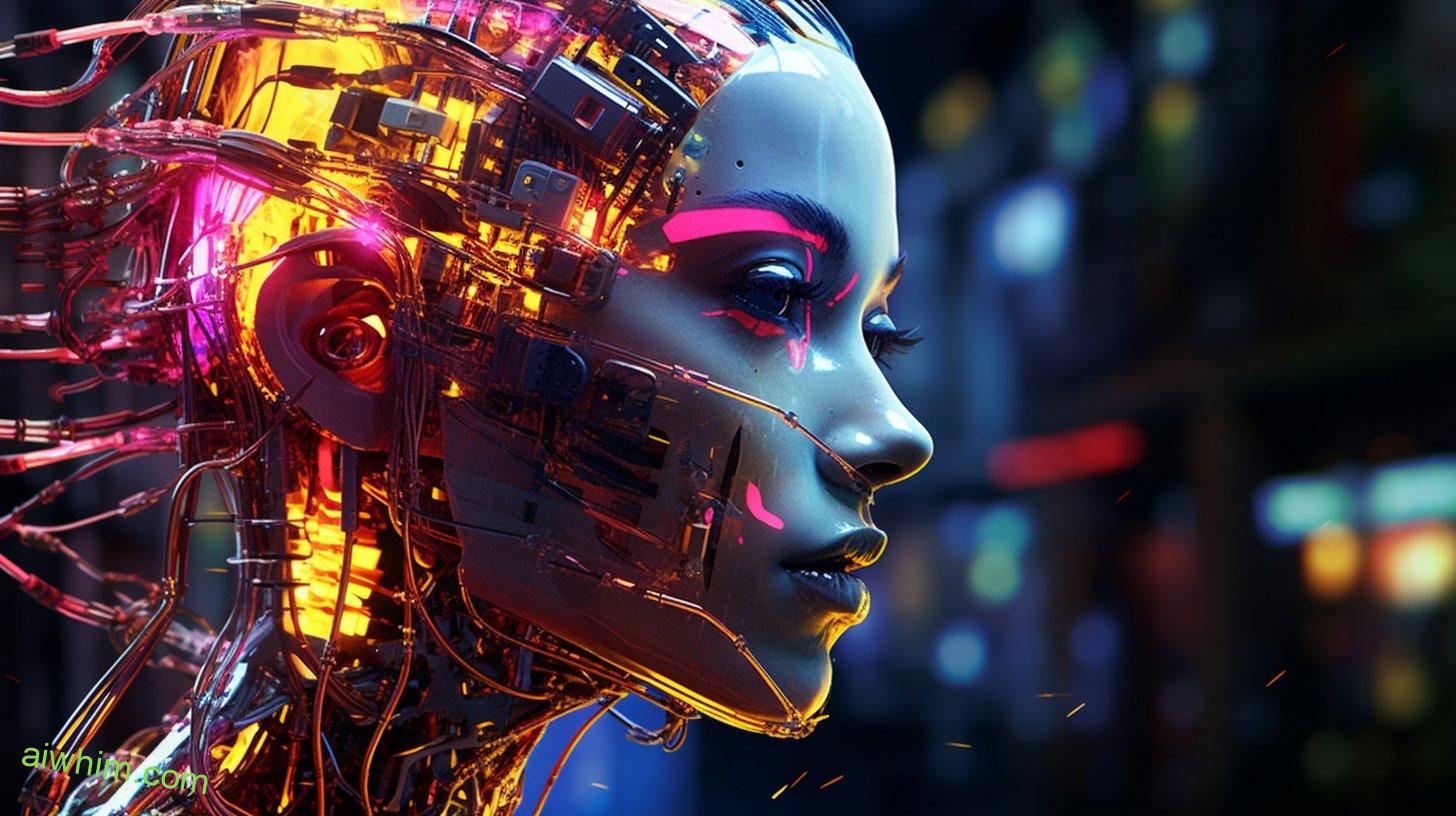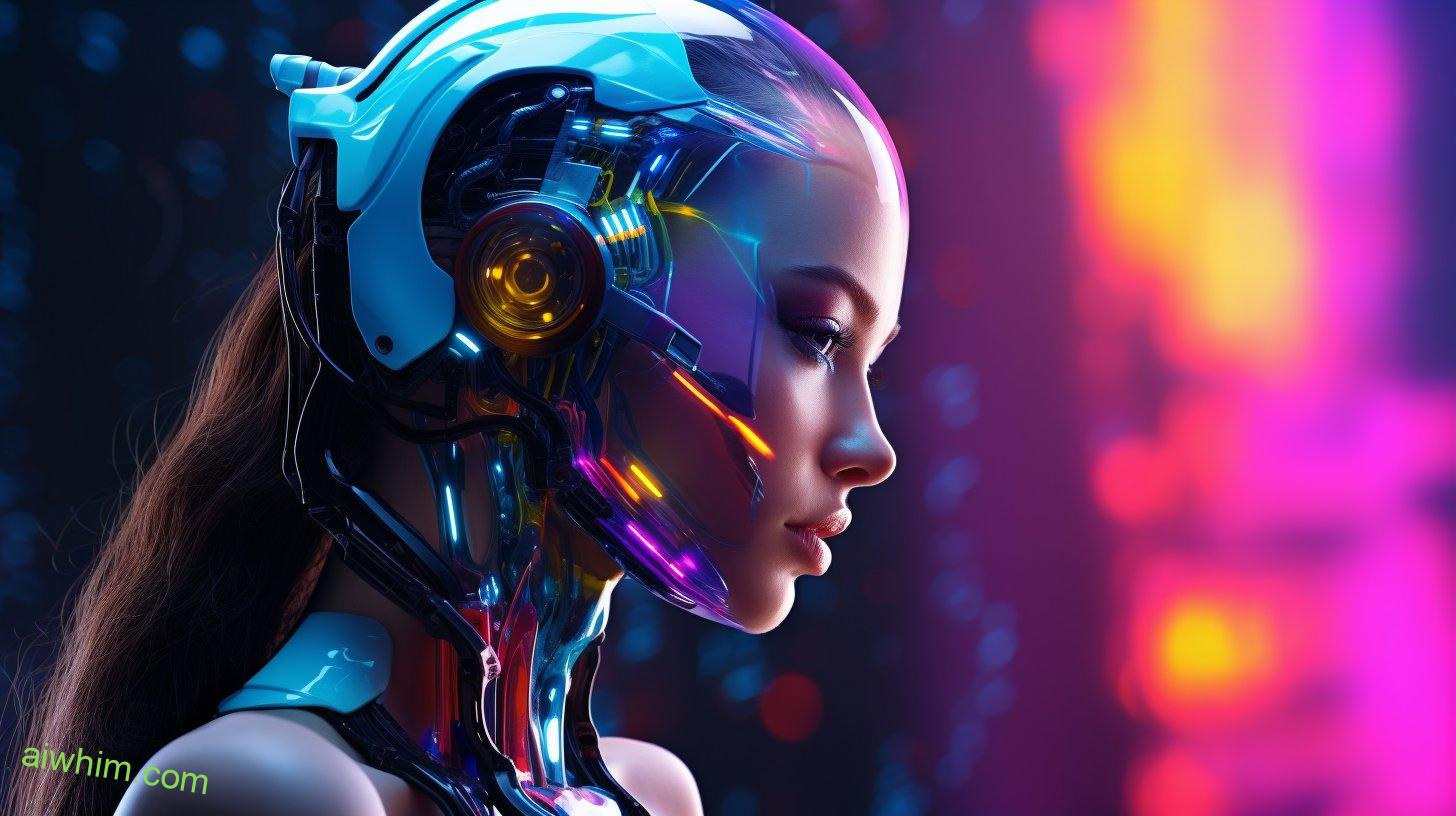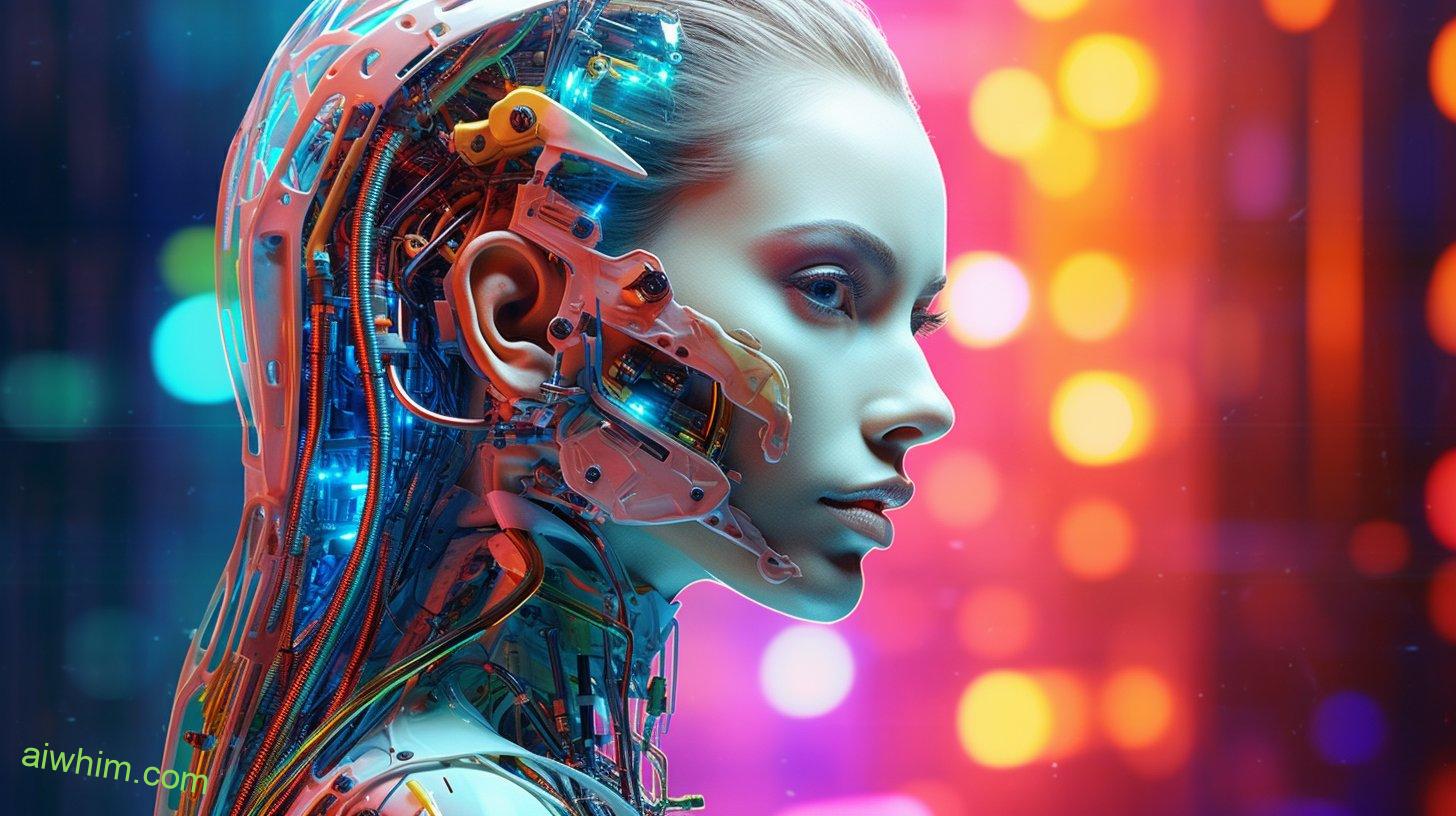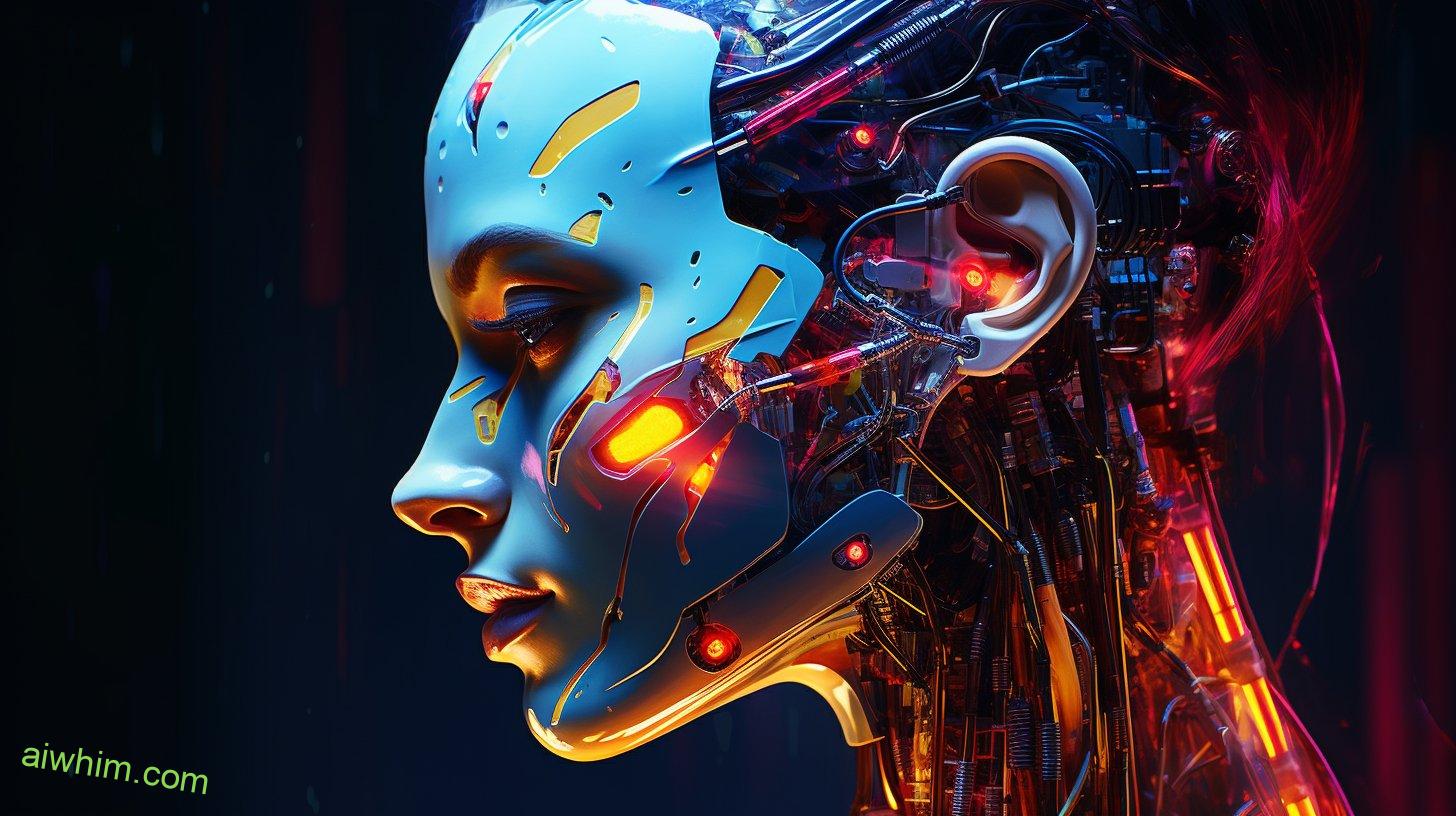Are you a virtual assistant wondering if your job is at risk of being taken over by AI technology? It’s a valid concern. With the rapid advancement of artificial intelligence, it’s natural to wonder if your role as a human assistant is becoming obsolete.
However, before jumping to conclusions, it’s important to weigh the advantages and limitations of both human and AI virtual assistants.
As someone who values freedom and independence, it’s understandable that the thought of losing your job to an AI system may cause some anxiety. But don’t worry just yet – there are certain aspects of human interaction that cannot be replaced by machines.
In this article, we’ll explore the evolution of AI technology and its impact on virtual assistance, as well as discuss how you can prepare for potential changes in the industry.
So sit back, relax, and let’s take a closer look at whether or not your job as a virtual assistant will be replaced by AI.
Key Takeaways
- AI virtual assistants have capabilities such as scheduling appointments, setting reminders, and transcribing audio recordings.
- Creativity and innovation play a critical role in finding solutions that cannot simply be determined through data analysis alone.
- Hybrid systems that combine human and AI elements offer numerous benefits for both clients and virtual assistants.

The Evolution of AI Technology
You may think that AI technology is still in its infancy, but just like how the internet evolved from dial-up to high-speed broadband, AI is rapidly advancing. The evolutionary progress of AI advancements and technological growth has been propelled by machine learning and innovative developments.
This means that your job as a virtual assistant could be replaced sooner than you think. As AI technology continues to improve and become more sophisticated, it will be able to perform tasks that were previously thought impossible for machines to accomplish.
However, understanding the role of a virtual assistant is crucial in determining which tasks can be automated and which cannot.
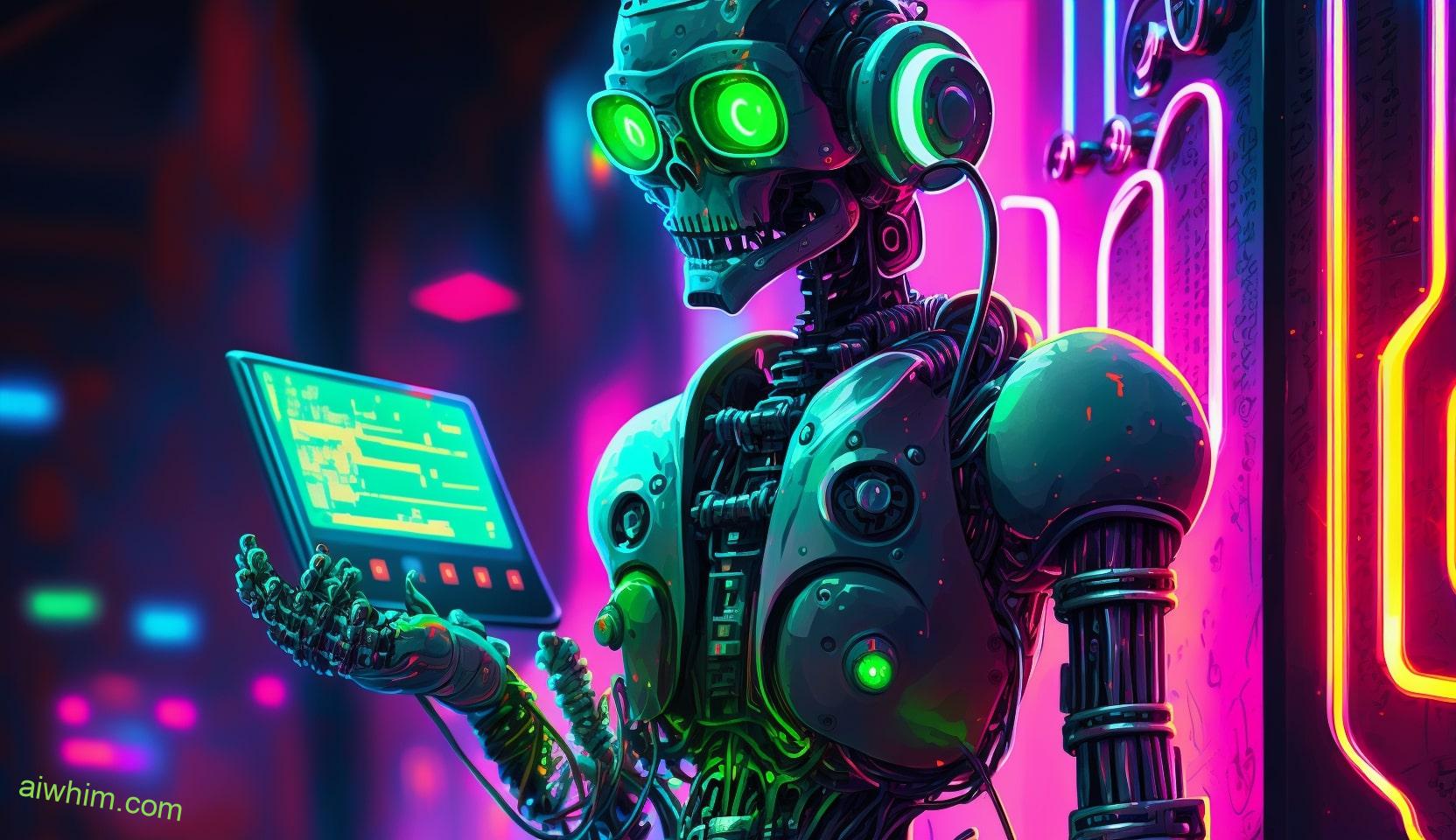
Understanding the Role of a Virtual Assistant
Let’s explore the vital role that a virtual assistant plays in modern businesses. As a virtual assistant, your main responsibility is to provide administrative support to your clients remotely. You are responsible for managing their calendars, scheduling meetings, answering emails, and handling other tasks that they may not have the time or resources to do themselves.
To be successful as a virtual assistant, you must possess excellent communication skills and be able to manage your time effectively. You’ll need to communicate with your client regularly and keep them updated on their projects’ progress while ensuring that you meet all deadlines.
Additionally, you’ll need strong organizational skills to handle administrative tasks such as invoicing, data entry, and record-keeping. Customer service is also an essential part of the job since you may need to interact with clients or customers on behalf of your client.
Lastly, project coordination is necessary when working on complex projects and collaborating with other team members.
Understanding the role of a virtual assistant is crucial in determining how AI technology can complement or replace this position entirely. However, despite AI’s advancements in various fields such as automation and data processing capabilities, human interaction still offers unique advantages that can’t be replaced by machines alone.
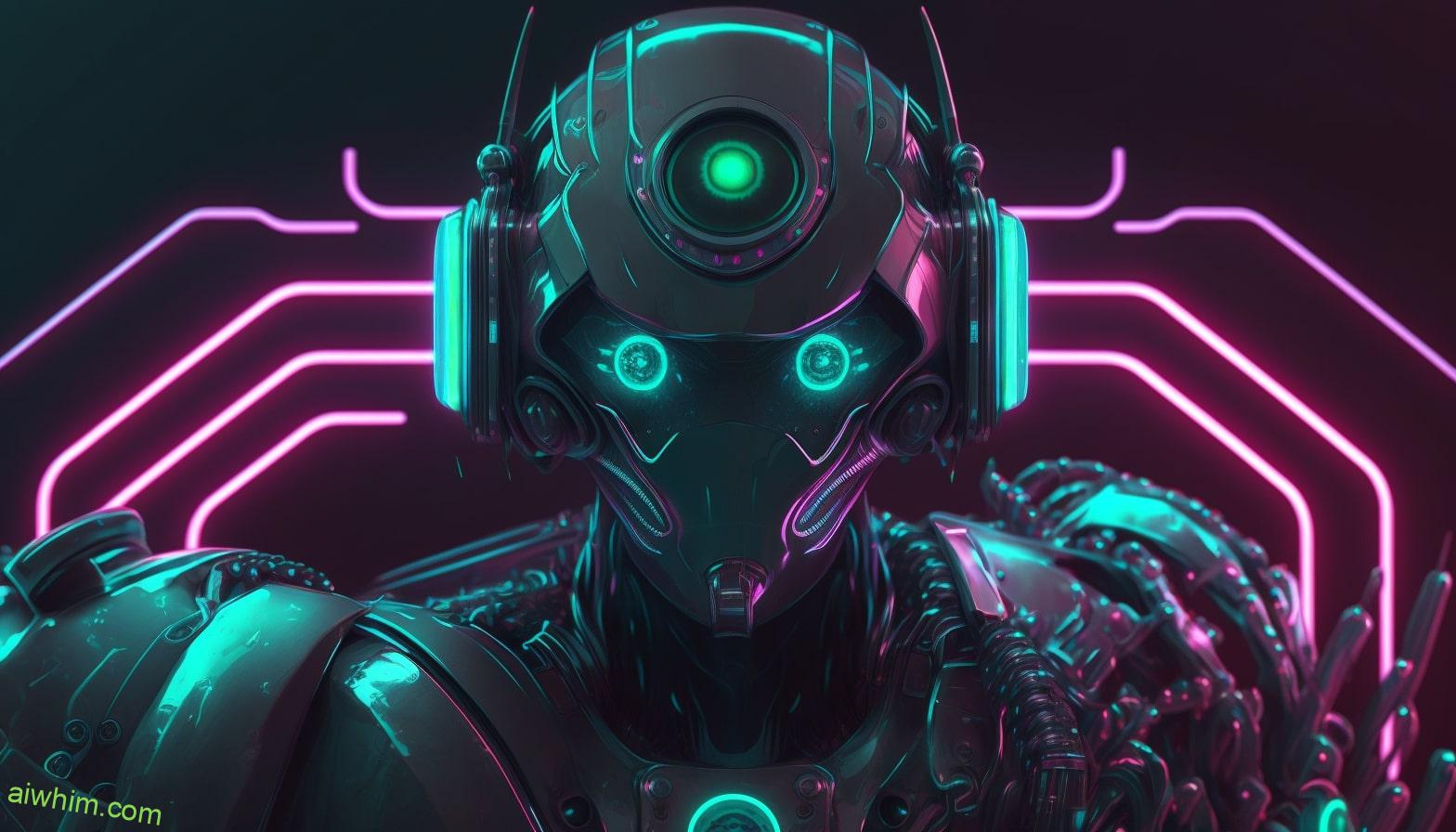
The Advantages of Human Interaction
Interacting with a human provides a personal touch that cannot be replicated by machines, giving clients the warm fuzzies. As a virtual assistant, you understand how important communication is in building trust and empathy with your clients. When working together, you collaborate to achieve their goals and ensure satisfaction.
The benefits of human interaction go beyond just completing tasks. Clients appreciate being able to communicate their needs and concerns to someone who understands them on a personal level. By providing emotional support and showing genuine interest in their business, you establish a bond that cannot be replaced by technology alone.
However, as the capabilities of AI virtual assistants continue to evolve, it’s important to consider how they can complement your work rather than replace it completely.
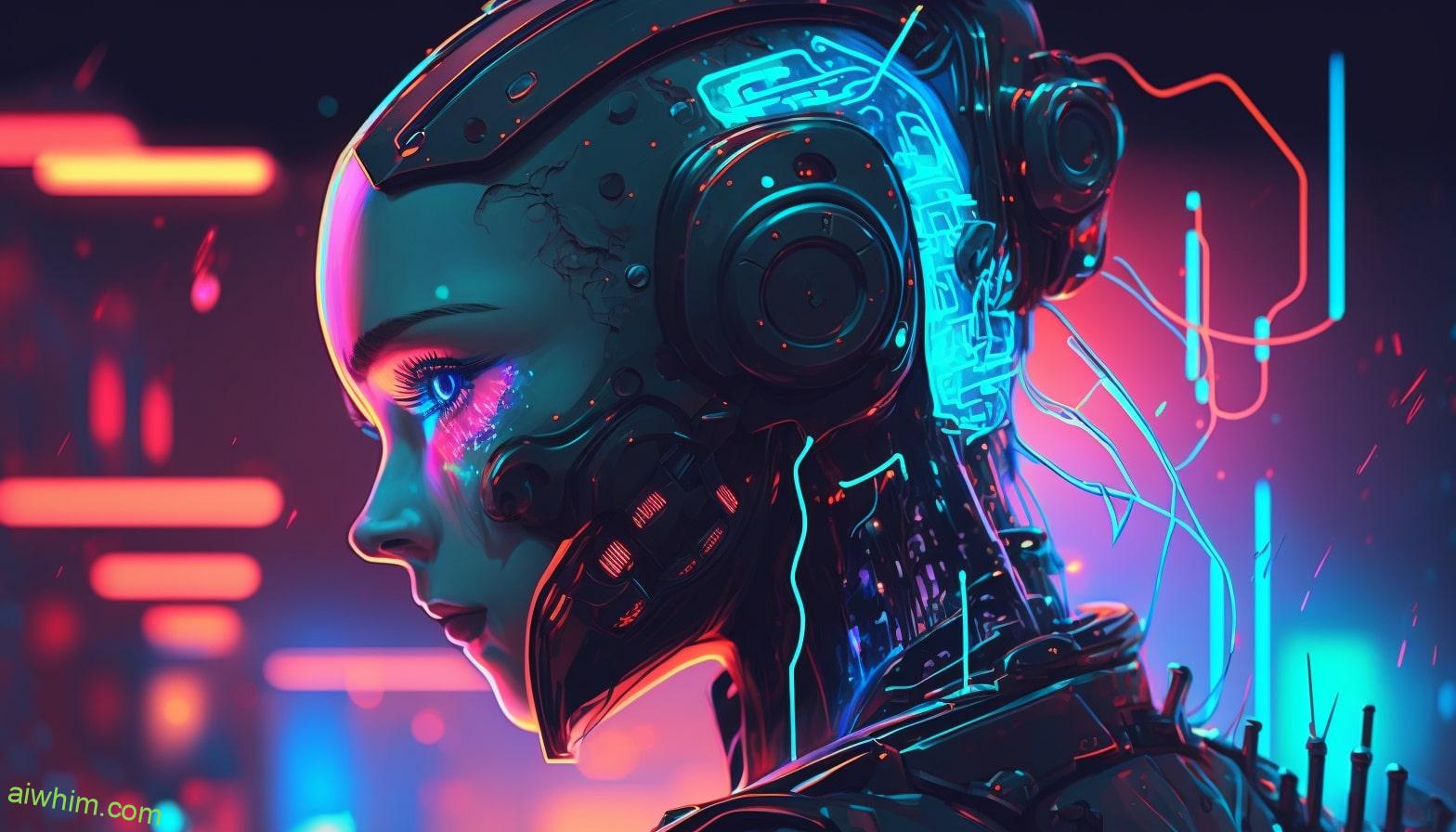
The Capabilities of AI Virtual Assistants
As technology advances, AI virtual assistants are becoming increasingly sophisticated in their capabilities, understanding the potential of which can be truly mind-boggling. Here are just a few things that AI virtual assistants can do to enhance human interaction and enable innovation:
- They can schedule appointments with ease.
- They can set reminders for important tasks.
- They can help you with research and provide quick answers to your questions.
- They can transcribe audio recordings into text documents.
- They leverage machine learning to continuously improve their abilities.
These capabilities allow for more efficient task completion and greater accuracy, freeing up more time for you to focus on other things. However, it’s also important to explore the limitations of AI virtual assistants as they’re not perfect and can’t replace humans entirely.
Moving forward, let’s take a closer look at these limitations and how they may impact the future of virtual assistant jobs.
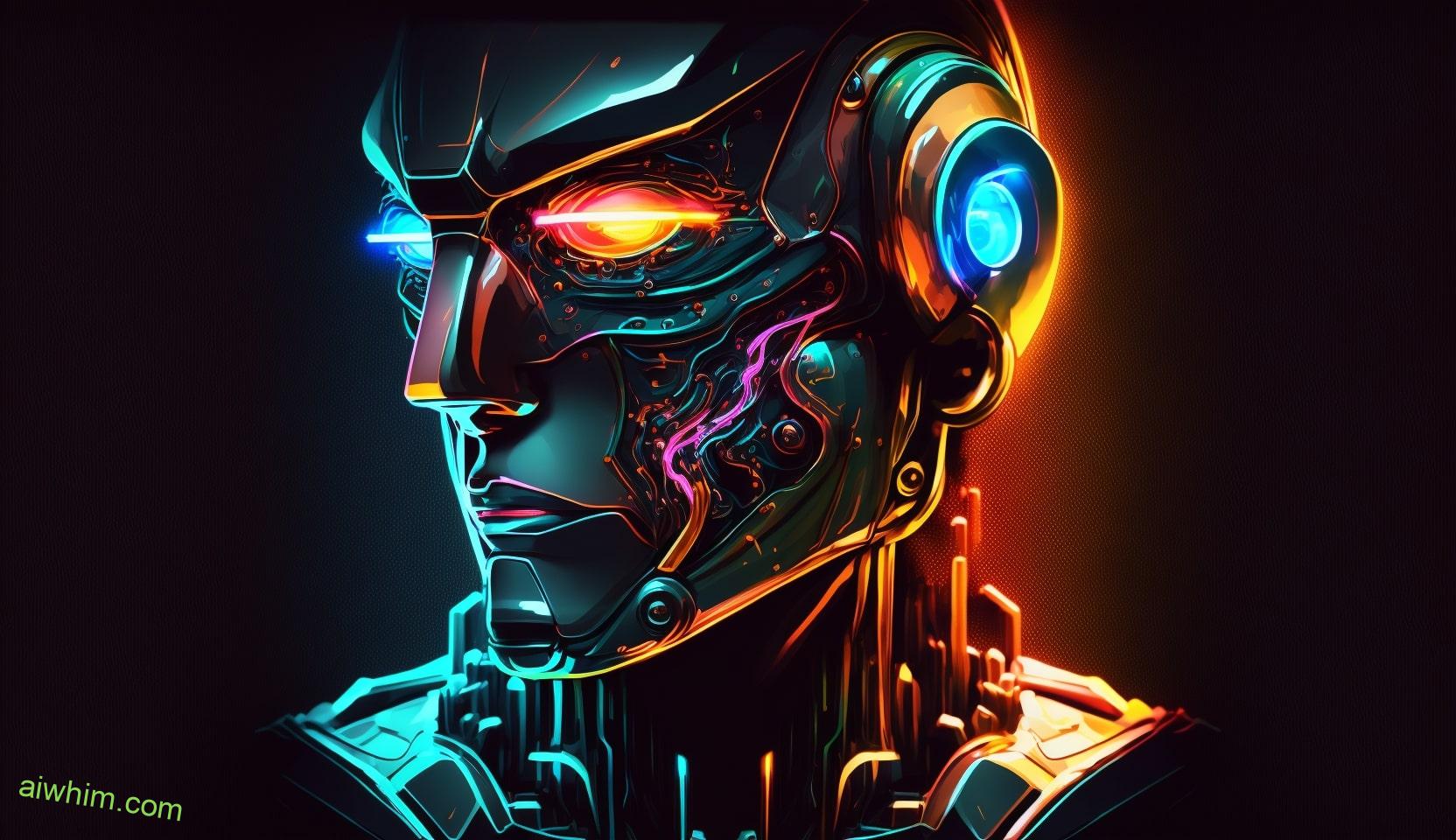
The Limitations of AI Virtual Assistants
Despite their impressive capabilities, AI virtual assistants still have limitations that prevent them from fully replacing human interaction and decision-making. While they can perform a variety of tasks such as scheduling appointments, answering basic questions, and even making simple purchases, they lack the ability to understand complex emotions and provide personalized service.
Virtual assistants may be able to gather information on a customer’s past interactions with a company or analyze their online behavior, but they cannot replicate the human touch that comes with face-to-face communication. Furthermore, emotional connections are crucial in many industries such as healthcare or counseling where empathy is necessary for successful outcomes.
The importance of building relationships with clients or patients cannot be understated and AI virtual assistants simply cannot provide this level of connection. In addition, there may be situations where quick thinking and decision-making are required which an AI assistant may not be able to handle effectively. Therefore, while AI virtual assistants have their benefits in terms of efficiency and cost-effectiveness, they cannot completely replace the value provided by human employees who possess emotional intelligence skills.
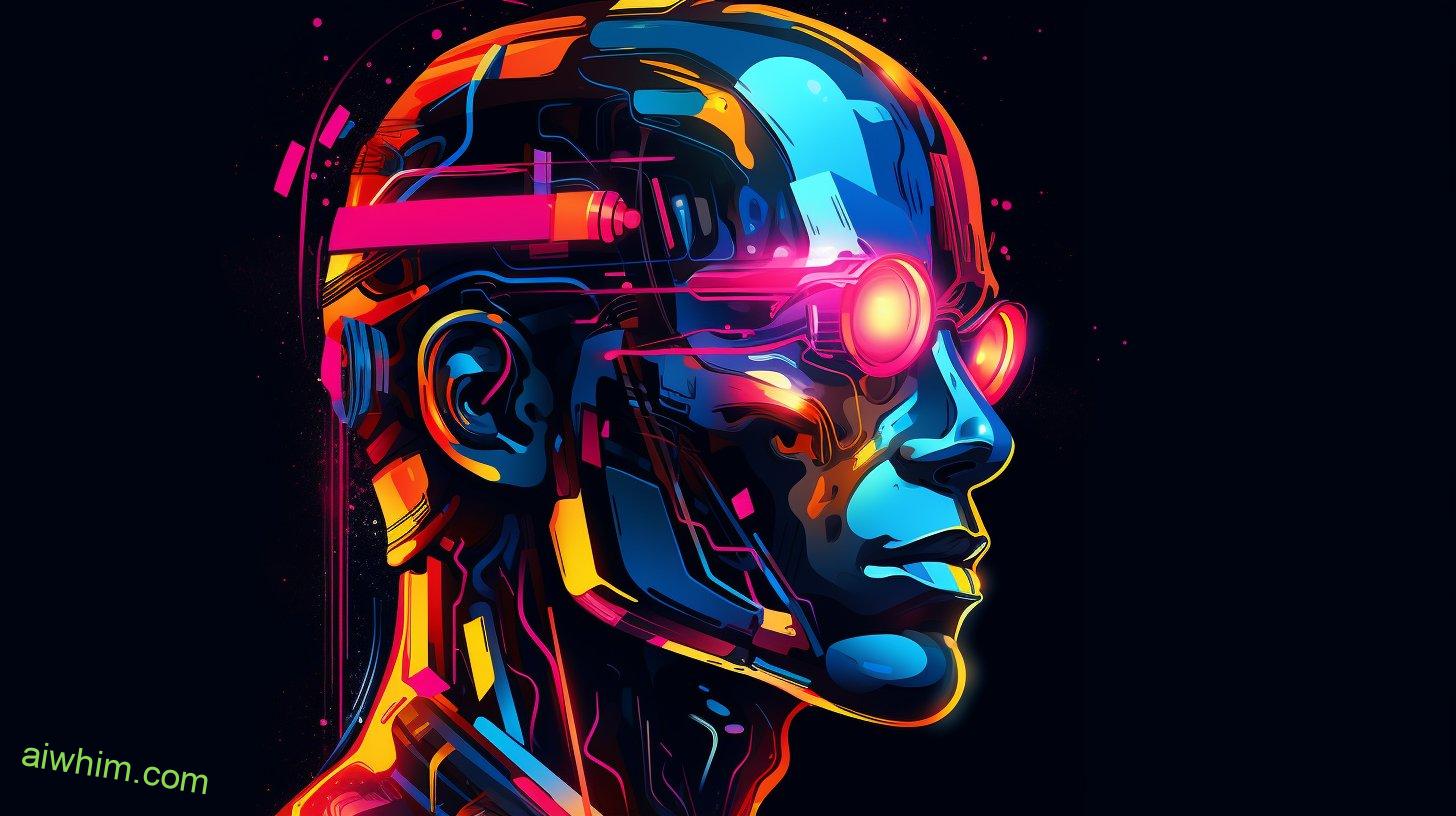
The Importance of Emotional Intelligence
You may have noticed that when you interact with someone who possesses emotional intelligence, there is a certain level of comfort and understanding that comes with the conversation.
In today’s world, where AI virtual assistants are becoming increasingly popular, it’s important to remember that they lack one key component: empathy.
Empathetic communication is crucial for relationship building and social awareness, two skills essential for any job involving customer service.
An AI virtual assistant may be able to resolve simple conflicts and complete basic tasks efficiently. However, there will always be complex situations where cultural competence and conflict resolution skills are necessary.
These require emotional intelligence which AI cannot replicate yet.
Therefore, it’s important to continue developing your emotional intelligence as it plays an irreplaceable role in providing quality service.
With that said, let’s explore the complexity of decision-making in the next section.

The Complexity of Decision-Making
Now, it’s time to delve into the intricacies of decision-making and how it can be a complex process.
As a virtual assistant, you may have already experienced making decisions on behalf of your clients. But have you considered the ethical considerations involved in decision making? Decision making algorithms are becoming more prevalent, but they come with their own set of cognitive biases that need to be taken into account.
Additionally, data privacy is also an important factor to consider when utilizing machine learning applications for decision-making purposes.
The complexity of decision-making also highlights the importance of human input in the process. While AI can assist in analyzing data and providing insights, ultimately it is up to humans to make the final call based on context and situational factors.
Furthermore, creativity and innovation play a critical role in finding solutions that cannot simply be determined through data analysis alone. With this in mind, let’s explore how creativity and innovation can enhance your role as a virtual assistant.
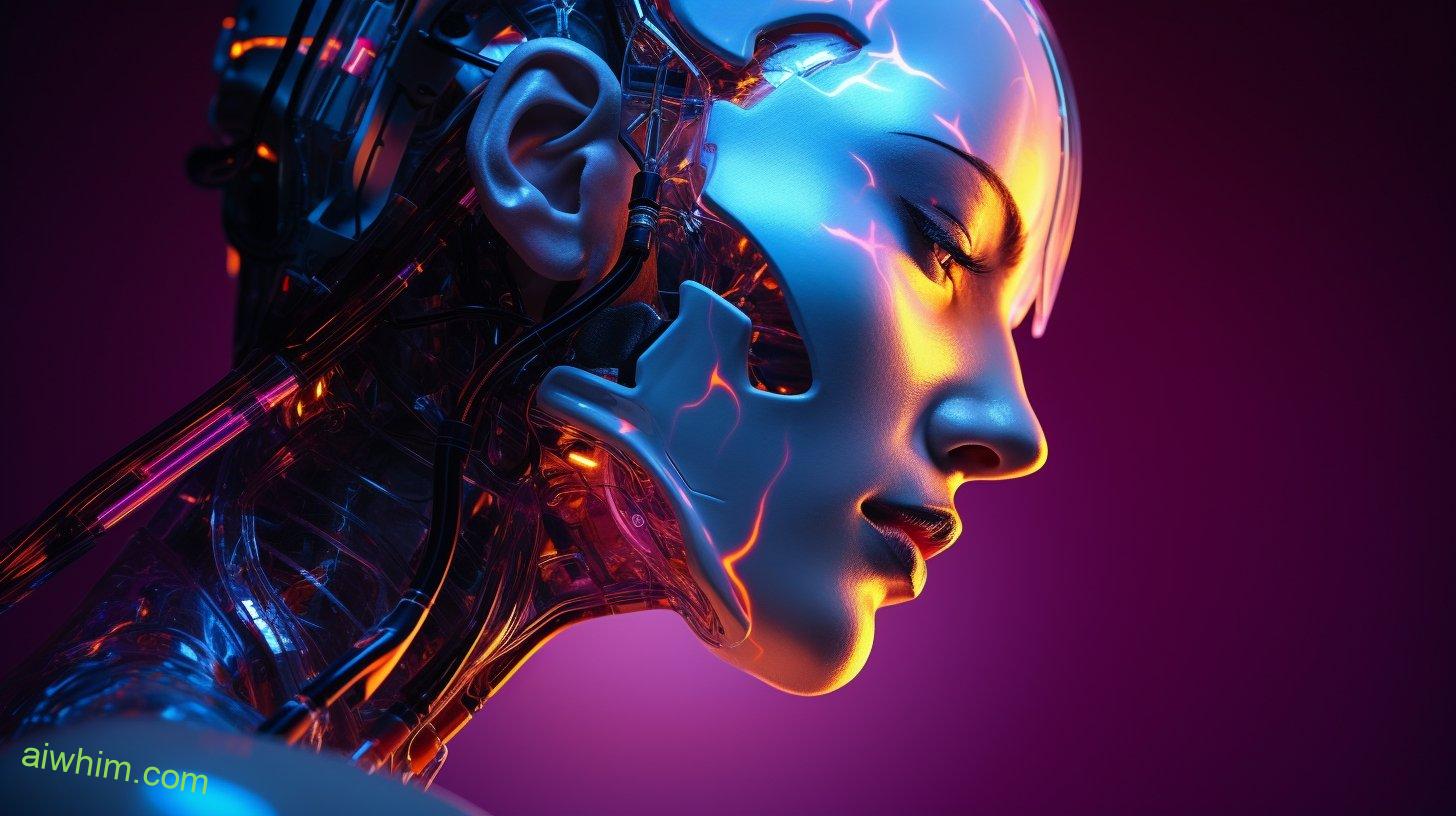
The Role of Creativity and Innovation
In today’s fast-paced and ever-changing world, it’s imperative for virtual assistants to embrace their creativity and innovative thinking in order to stay ahead of the game. Creativity is not just about being artistic; it involves unconventional thinking, out of the box solutions, and the ability to see things from a fresh perspective.
As an AI becomes more advanced, it will be able to perform routine tasks with ease. However, creativity is something that cannot be replicated by machines. The importance and impact of nurturing creativity cannot be overstated. It enables you to come up with new ideas, innovate processes, and improve your work quality.
You can add value beyond what is expected of you by identifying areas for improvement and proposing solutions that are both effective and efficient. As a virtual assistant, your clients rely on you to provide them with exceptional service. Therefore, cultivating your creativity will help you stand out from other virtual assistants who may only focus on completing assigned tasks without considering how they can improve them or present alternative approaches.
Furthermore, building personal relationships with your clients goes beyond just providing excellent service; it shows that you care about their success beyond just completing tasks for them. By fostering these relationships through open communication channels and showing empathy towards their needs as entrepreneurs or business owners, you become a trusted partner in their journey towards growth and success – which we’ll explore further in the next section on ‘the value of personal relationships.’
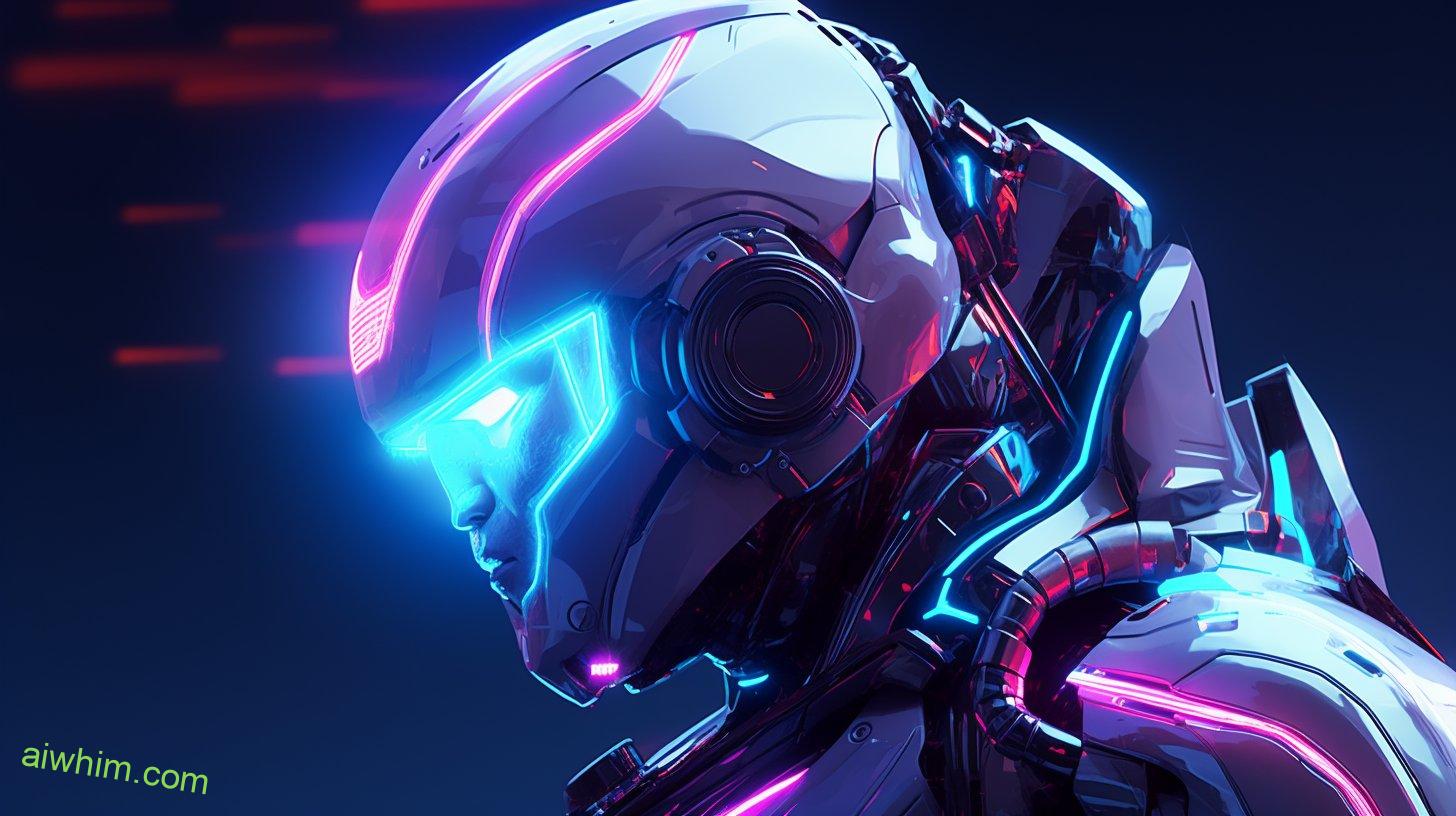
The Value of Personal Relationships
Building strong personal relationships is crucial for virtual assistants to become trusted partners in their clients’ journey towards growth and success. Personal connections and emotional bonds are what set human VAs apart from AI-based ones. While AI can perform tasks efficiently, it lacks the ability to form a genuine connection with clients. This is where human touch comes into play.
Relationship building starts with trust, which takes time to develop. As a virtual assistant, you must invest effort in understanding your client’s needs, goals, and preferences. Communication plays a vital role in establishing this bond; prompt responses, active listening, and empathy go a long way in building rapport with your clients. By taking the time to understand them on a personal level, you can offer tailored solutions that cater to their specific requirements.
By focusing on building these personal relationships, you can establish yourself as an irreplaceable asset for your clients. Establishing such strong ties does not only benefit your current work but also secures potential future opportunities through recommendations and referrals from satisfied clients. However, as AI technology continues its rapid advancement, it raises concerns about job availability for human VAs who rely on relationship-building skills as part of their profession.

The Impact on Job Availability
As technology continues to advance, the job market for virtual assistants is constantly evolving. With AI becoming more prevalent in the industry, it’s important to recognize the impact on job availability. While some tasks may become automated, there will still be a demand for skilled virtual assistants who can provide personalized and efficient services.
Education requirements may also shift as the industry grows, with a focus on specialized training in areas such as data analysis and project management. However, remote work opportunities are expected to increase as companies embrace the benefits of hiring virtual assistants.
It’s up to you to stay informed about changes in skill demand and adapt accordingly to remain competitive in this ever-changing field of work. As we move forward into discussing the potential for job redefinition, it’s important to recognize that staying current with industry changes will be crucial for success.
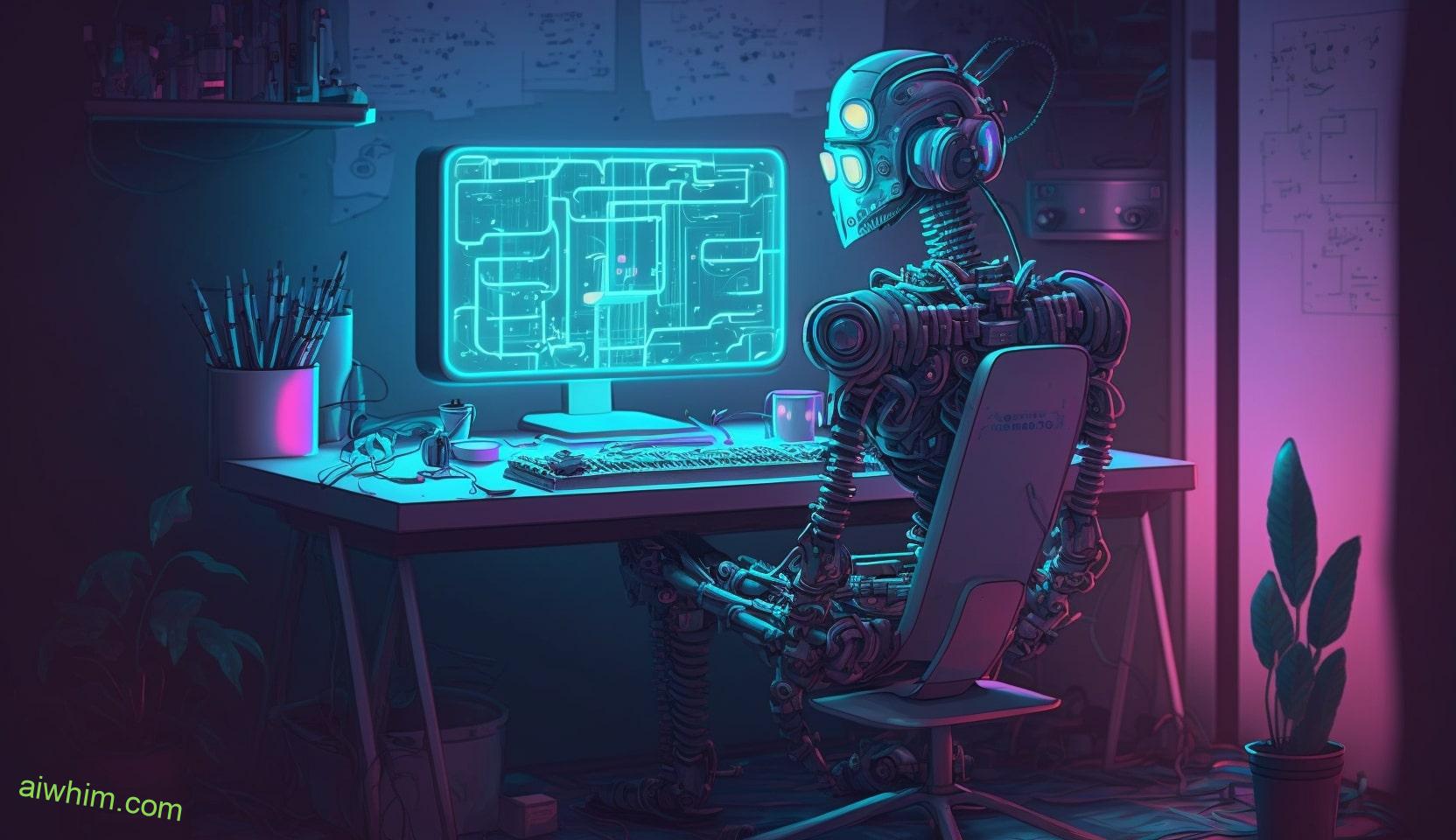
The Potential for Job Redefinition
The evolving landscape of technology in the virtual assistant industry presents an opportunity for job roles to be redefined and adapted to meet changing demands. Job market changes and skill upgrades are necessary to keep up with the emergence of artificial intelligence (AI) technology.
As AI continues to advance, it may take over some tasks currently done by human virtual assistants. However, this doesn’t mean that humans will become obsolete in the field. Instead, it means that there is a need for industry adaptation and training programs to ensure that virtual assistants remain relevant in the future.
Future prospects for virtual assistants are exciting because new opportunities will arise as AI becomes more prevalent. For example, virtual assistants can focus on more complex tasks such as managing multiple clients or developing marketing strategies instead of just handling basic administrative duties. This shift will require upskilling and continuous learning for current and aspiring virtual assistants, but it also opens doors for new career paths within the industry.
The need for continuous learning is essential in ensuring longevity in any profession; therefore, embracing change and staying ahead of trends is crucial for those who want to succeed as a virtual assistant in the age of AI.

The Need for Continuous Learning
Hey, you can’t just sit back and relax after getting your virtual assistant job. Sure, you may have landed a gig in an industry that’s still growing, but that doesn’t mean your job is immune to change.
To stay relevant and valuable, continuous learning is crucial. You need to be proactive about seeking out upskilling opportunities and adapting to changes in the field. The good news is that there are plenty of resources available for professional development. Online courses, webinars, and conferences are all excellent ways to keep up with industry trends and best practices.
But it’s not just about attending events or completing courses – it’s also about applying what you learn on the job. Continuously improving your skills will make you a more valuable asset to your clients or employer. So don’t become complacent; stay hungry for knowledge and growth in your role as a virtual assistant.
As important as continuous learning is, it’s only one piece of the puzzle when it comes to staying ahead of the game as a virtual assistant. In the next section, we’ll discuss the importance of specialization in order to truly stand out from the competition.

The Importance of Specialization
Focusing on a specific area of expertise can set you apart and make you more valuable as a VA. By honing your niche skills, you become an expert in a particular field, which gives you an edge over generalist VAs.
Having industry knowledge is also crucial in providing quality service to clients who belong to that sector. It enables you to understand their needs better and provide solutions that are tailored-fit for them.
Training needs are also essential when it comes to specializations. You must continuously update yourself with the latest trends, technologies, and processes related to your area of expertise. This will help you keep up with the competition and offer unique services that others cannot provide.
With these advantages, specialization can give you a competitive edge over other VAs who don’t have the same level of expertise as you do.
Now that we’ve talked about the importance of specialization, let’s move on to discussing the benefits of hybrid systems without missing a beat.
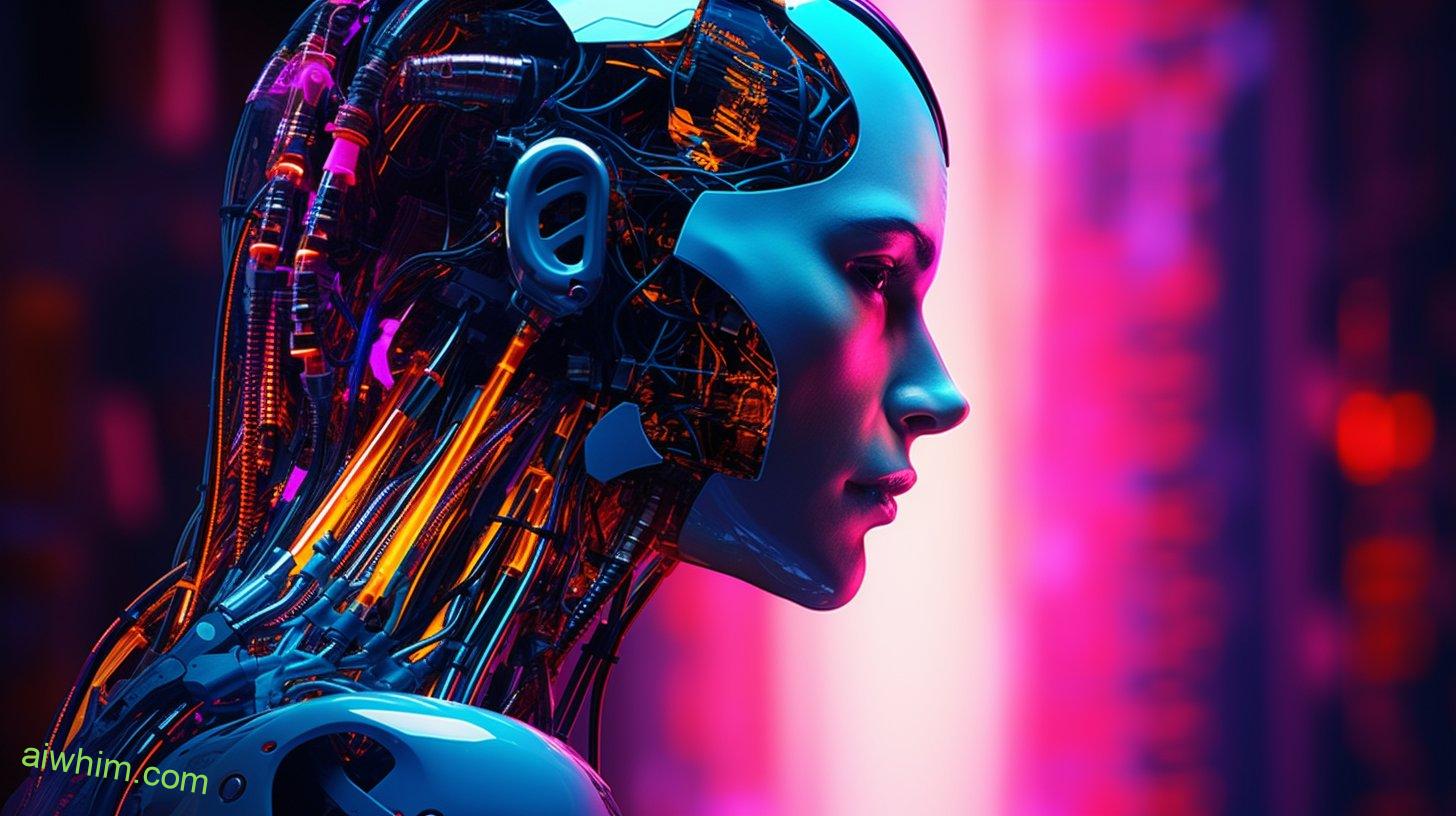
The Benefits of Hybrid Systems
You’ve probably heard a lot about how AI is going to replace human workers in the near future. But don’t worry, virtual assistants are not going anywhere just yet. In fact, hybrid systems that combine human and AI elements offer numerous benefits for both clients and virtual assistants.
One of the biggest advantages of hybrid systems is personalized assistance. While AI can handle routine tasks like scheduling appointments or sending reminders, humans excel at understanding complex needs and providing tailored solutions. By combining the strengths of both, hybrid systems can provide more efficient and effective support than either could alone.
Additionally, adaptive technology allows these systems to learn from each interaction and improve over time. Seamless integration between human and AI components ensures a smooth experience for clients while also freeing up virtual assistants to focus on higher-level tasks that require their unique skills and expertise.
As you can see, there’s no need to fear being replaced by machines anytime soon. Instead, you can embrace the benefits of human-AI collaboration in a hybrid system that provides personalized assistance through adaptive technology and seamless integration. So what does the future hold for virtual assistance? Let’s take a look at some possibilities together…
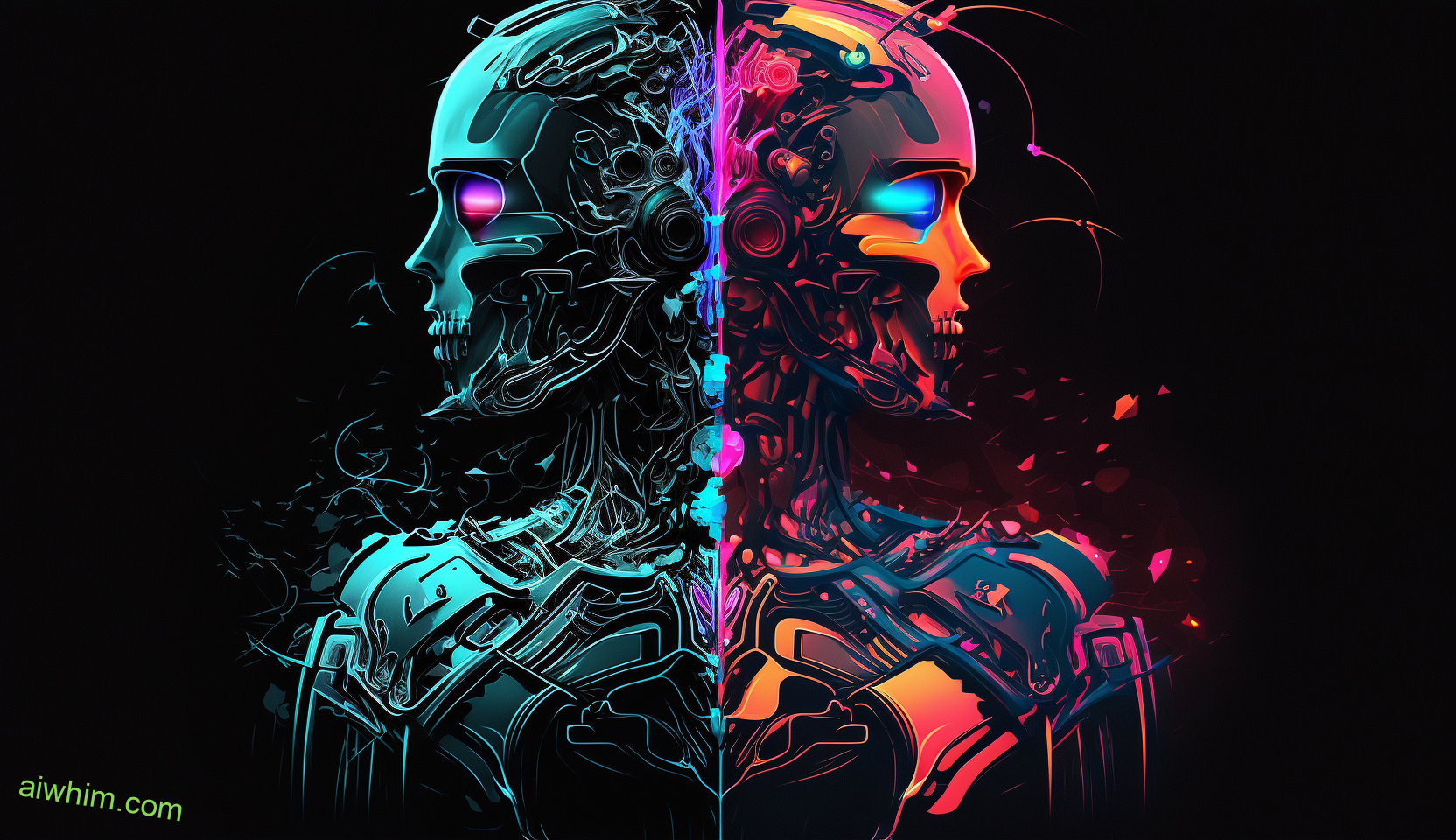
The Future of Virtual Assistance
As technology continues to advance, it’s becoming clear that AI will become an increasingly integral part of our daily lives. The Future of Virtual Assistance is changing rapidly with technological advancements and emerging trends.
Here are a few ways the dynamics of virtual assistance are shifting:
- Shifting Expectations: People want more personalized experiences from their virtual assistants.
- Emerging Trends: Voice-enabled devices like Amazon Echo and Google Home are changing how we interact with technology.
- Evolving Skillsets: Virtual assistants will need to develop new skills as the demands of users change.
- Technological Advancements: Artificial intelligence (AI) is becoming more sophisticated, leading to improved capabilities for virtual assistants.
With all these changes happening in the world of virtual assistance, it’s important to stay ahead by preparing for what’s coming next.
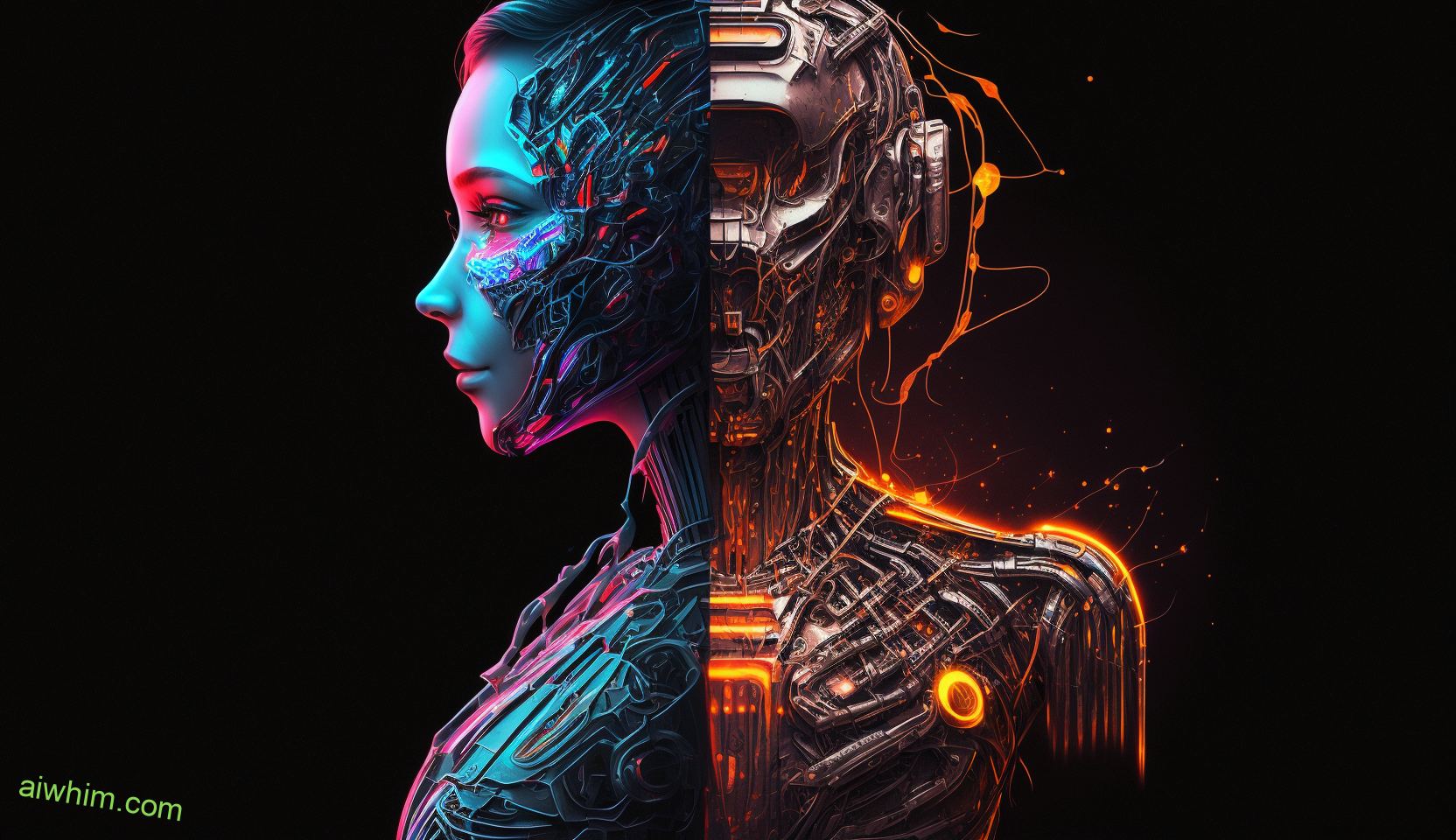
Preparing for Change
Get ready for the changes ahead by taking a proactive approach to adapting to new technologies and expanding your skillset. As AI continues to advance, it’s essential to stay up-to-date with the latest industry trends and technological advancements.
Adapting strategies such as learning new software programs or attending workshops on emerging technologies can help you stay relevant in the field of virtual assistance. Skill development is another crucial aspect of preparing for change.
As AI becomes more prevalent in the workplace, there will be a shift towards higher-level tasks that require human creativity, critical thinking, and problem-solving skills. Networking opportunities can also provide valuable insights into how other professionals are adapting to these changes in their work environments.
By taking these steps towards adaptation and growth, you can ensure that your job as a virtual assistant remains secure while providing yourself with greater flexibility and freedom in your career choices.
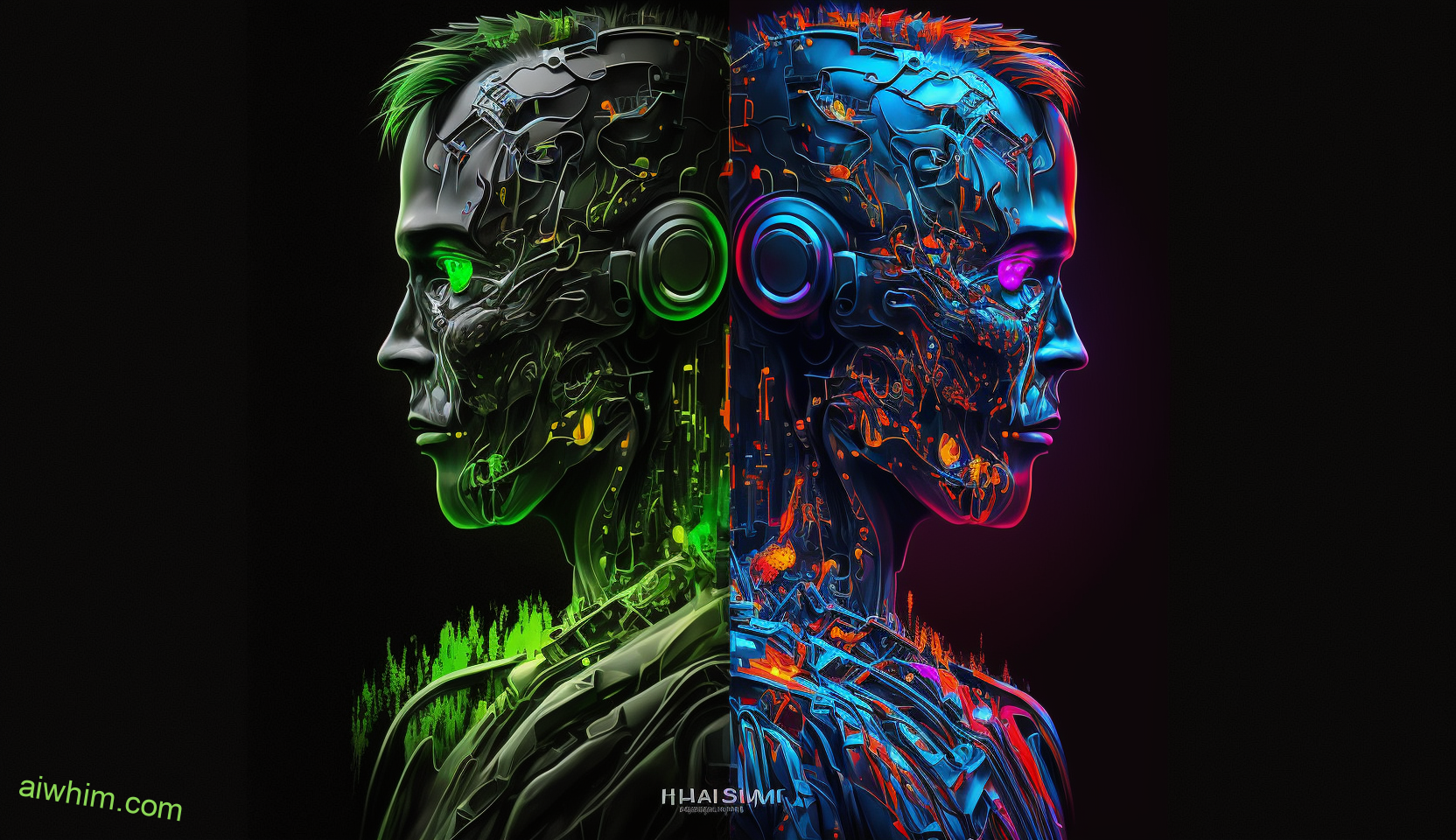
Frequently Asked Questions
What skills should a virtual assistant possess to stay competitive in the job market?
To stay competitive in the virtual assistant job market, you need excellent communication skills, time management abilities, multitasking proficiency, technological know-how and problem-solving expertise. These skills will give you an edge and increase your chances of success.
How will the integration of AI impact the job responsibilities of virtual assistants?
To stay competitive in the job market, a virtual assistant must have a versatile skill set. With AI integration, their job responsibilities may shift. Prepare for industry impact by staying informed and upgrading skills to avoid potential job loss.
What industries will see the greatest impact from the introduction of AI virtual assistants?
As AI virtual assistants become more prevalent, industries like customer service will see significant efficiency improvements. While this may lead to job displacement, businesses can mitigate the impact by investing in training programs for employees. Remember: adapt or perish.
Will virtual assistants be able to adapt to the changing needs of their clients in the future?
As a virtual assistant, you’ll need to adapt to changing needs of clients and industry trends. You’ll need excellent communication skills, problem solving abilities, and time management to stay ahead. Be the solution they need.
How can virtual assistants prepare for the potential loss of their jobs due to the rise of AI technology?
Don’t panic! Virtual assistants can prepare for potential job loss due to AI by upskilling, diversifying services, building strong client relationships, leveraging niche expertise, and exploring new tech tools. Your freedom is still within reach.
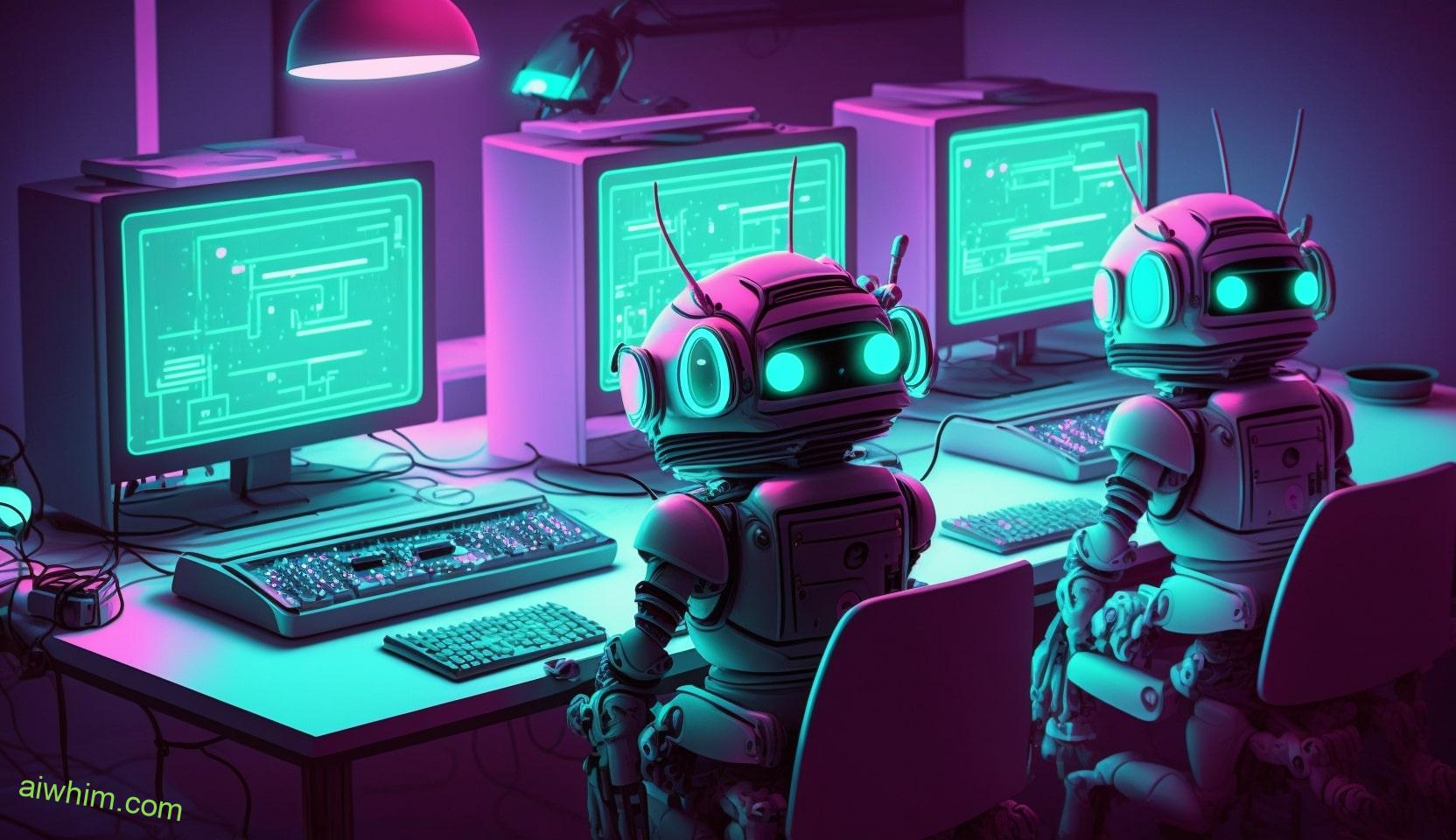
Conclusion
So, will your job as a virtual assistant be replaced by AI? The short answer is no. While AI technology has certainly evolved and can perform many tasks that were once solely in the realm of human capabilities, there are still limitations to what it can do.
As a virtual assistant, you bring unique skills and perspectives to the table that cannot be replicated by a machine. One interesting statistic to note is that while the market for AI virtual assistants is expected to grow significantly over the next few years, so too is the demand for human-driven virtual assistance services.
In fact, according to a report by Transparency Market Research, the global market for virtual assistants is projected to reach $25 billion by 2025. This means that there will likely be plenty of opportunities for both humans and machines in this field moving forward.
In conclusion, while AI technology may continue to advance and expand its capabilities as a virtual assistant, it cannot replace the value of human interaction and expertise. By specializing in certain areas and utilizing hybrid systems that combine both human and machine intelligence, you can position yourself as an indispensable asset in this growing industry.
So don’t fear being replaced by AI – embrace the changes coming your way and prepare yourself accordingly!

